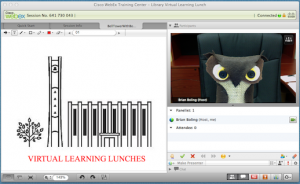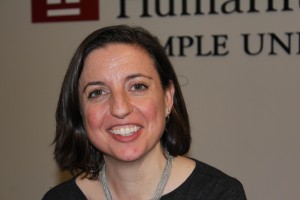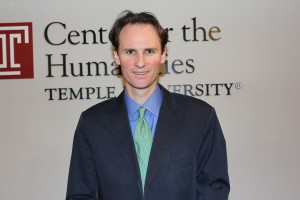The Livingstone Undergraduate Research Awards—formerly known as the Library Prize—are Temple University Libraries’ reshaped, expanded, and improved initiative rewarding the best undergraduate work at the university. The Livingstone Awards address the depth and breadth of undergraduate research subjects, methods, and projects through five distinct categories: humanities and social sciences; science, technology, engineering, and mathematical disciplines; creative works and media production; policy, practice, and public life; and sustainability and the environment. The awards have been renamed to honor our generous donor, John H. Livingstone, SBM ‘49, who has supported undergraduate research through the Library Prize and now Livingstone Awards for more than a decade.
We are happy to announce this year’s award winning projects!
Livingstone Undergraduate Research Award in the Humanities and Social Sciences
“Glory of Yet Another Kind”: The Evolution & Politics of First-Wave Queer Activism, 1867-1924 by GVGK Tang
Livingstone Undergraduate Research Award in the STEM Disciplines
Using Green Infrastructure to Minimize Combined Sewer Overflows by Morgan Nemtuda
Livingstone Undergraduate Research Award in Creative Works and Media Production
Two awards given:
Mother Internet : Blessed Virgin : A Coming of Age Story by Elizabeth Baber
This Side of Main Street by Daniel Clark
Livingstone Undergraduate Research Award in Policy, Practice, and Public Life
Cultural Property Repatriation: History, Legality, and Ethical Precedent for Museums in the United States by Rhiannon Bell
Livingstone Undergraduate Research Award in Sustainability and the Environment (sponsored by Gale, part of Cengage Learning)
The Mobilization of the Environmental Justice Movement in Louisiana: EJ Disputes and Grassroots Organizing in the Mississippi Industrial Corridor by Joseph Gallagher
Congratulations to all of our winners! Please join us for the Livingstone Undergraduate Research Awards ceremony on April 12th from 4-6pm in the Library’s Lecture Hall to celebrate Temple’s outstanding undergraduate research.



